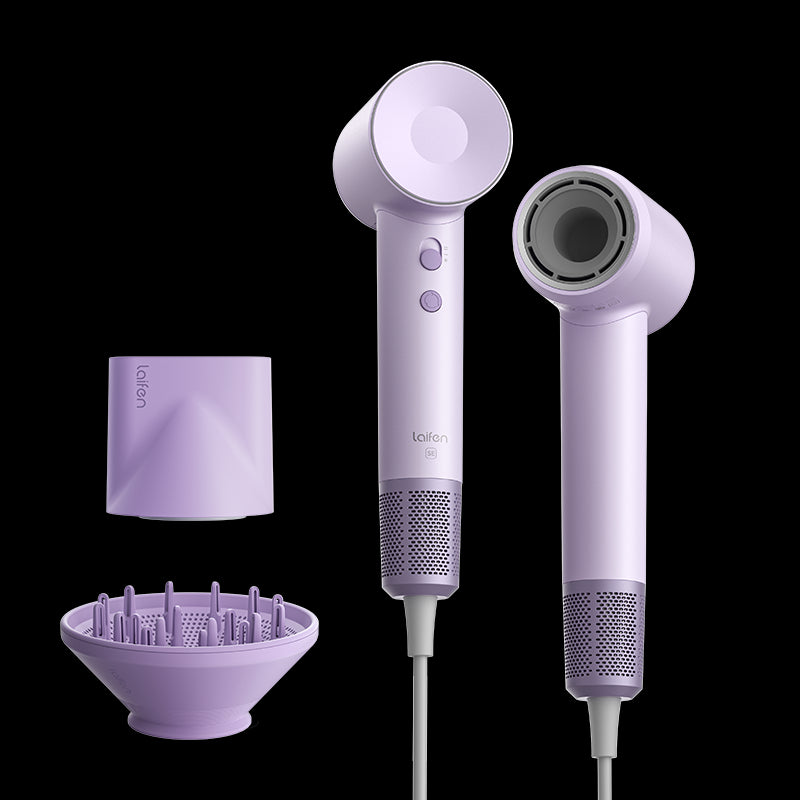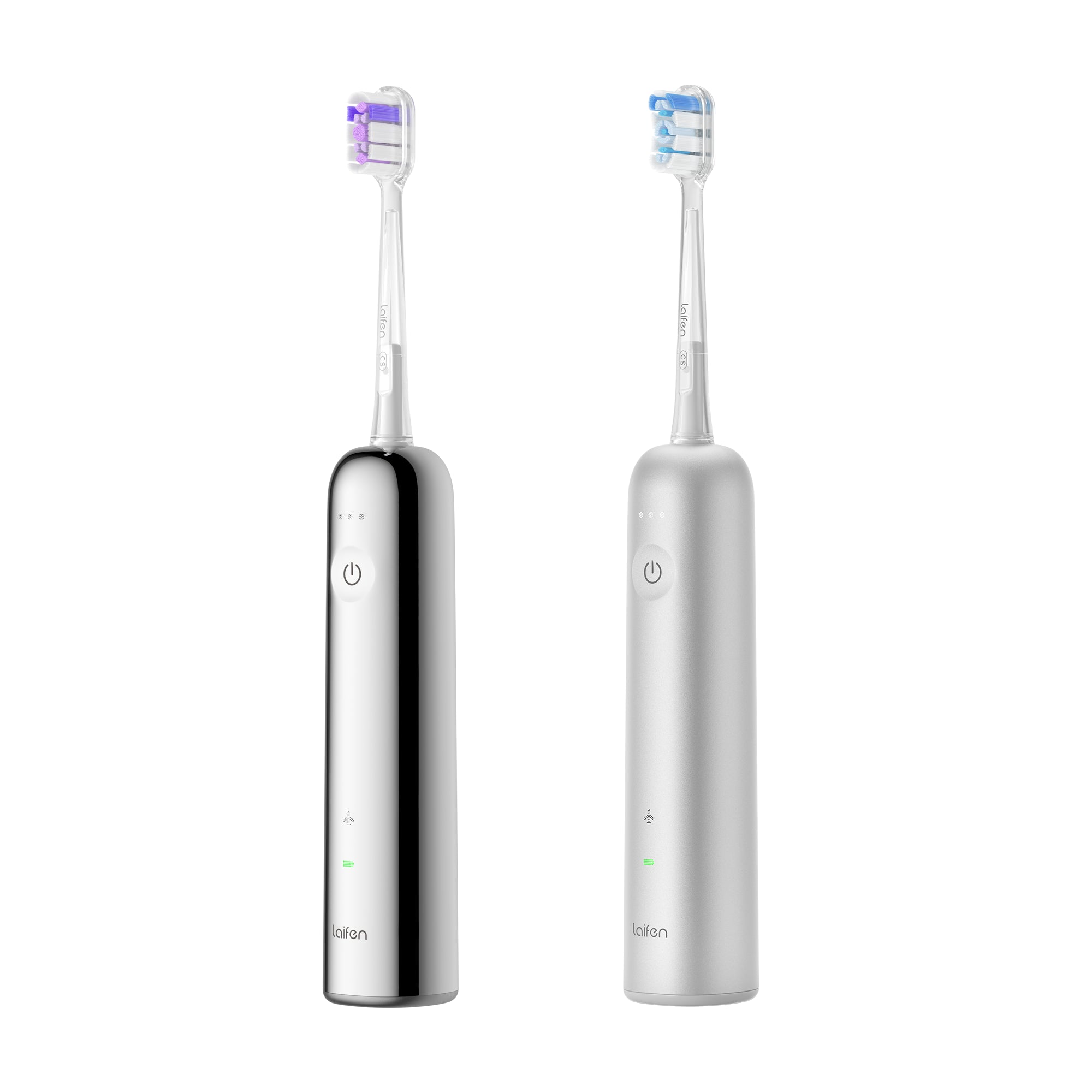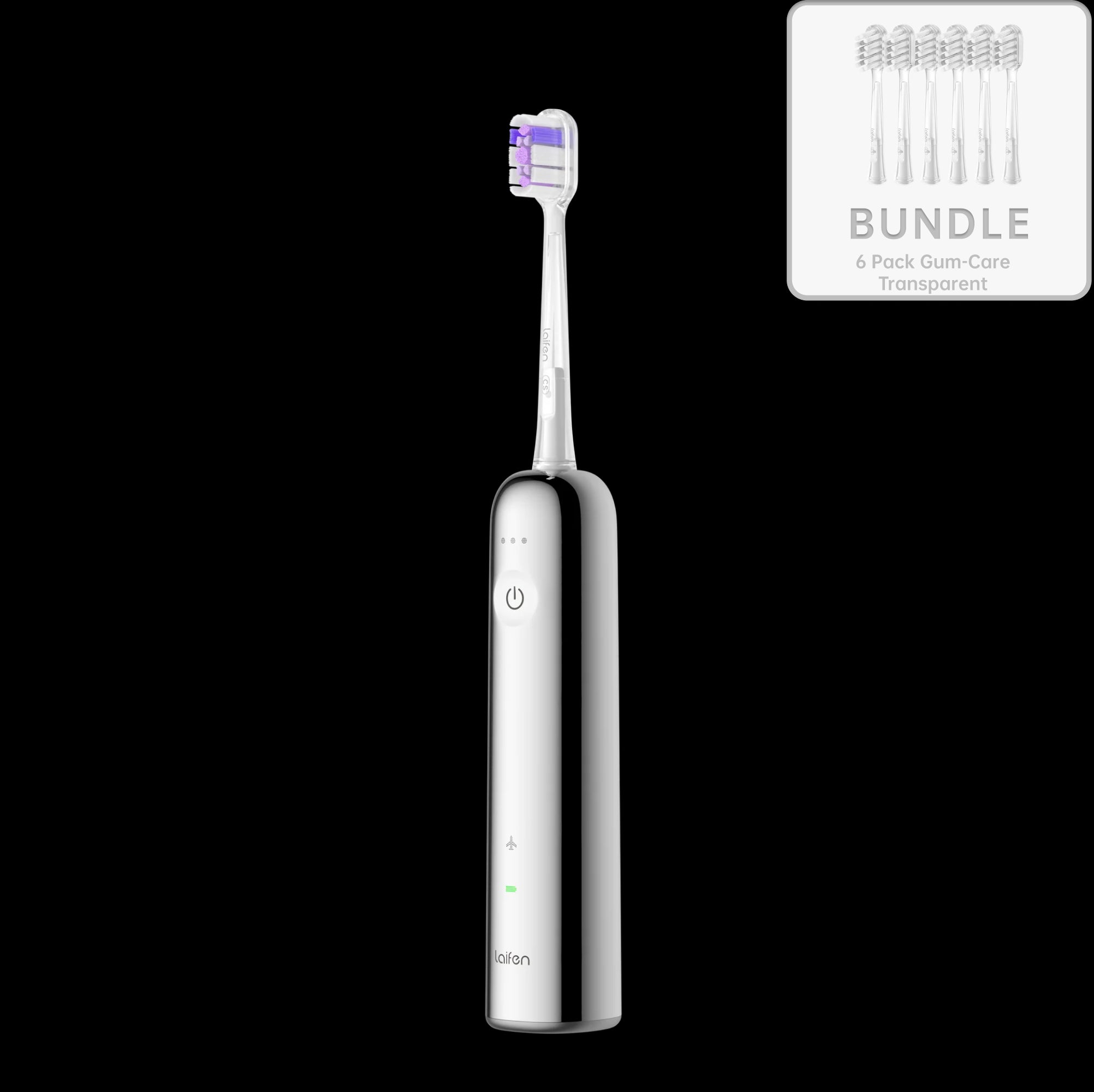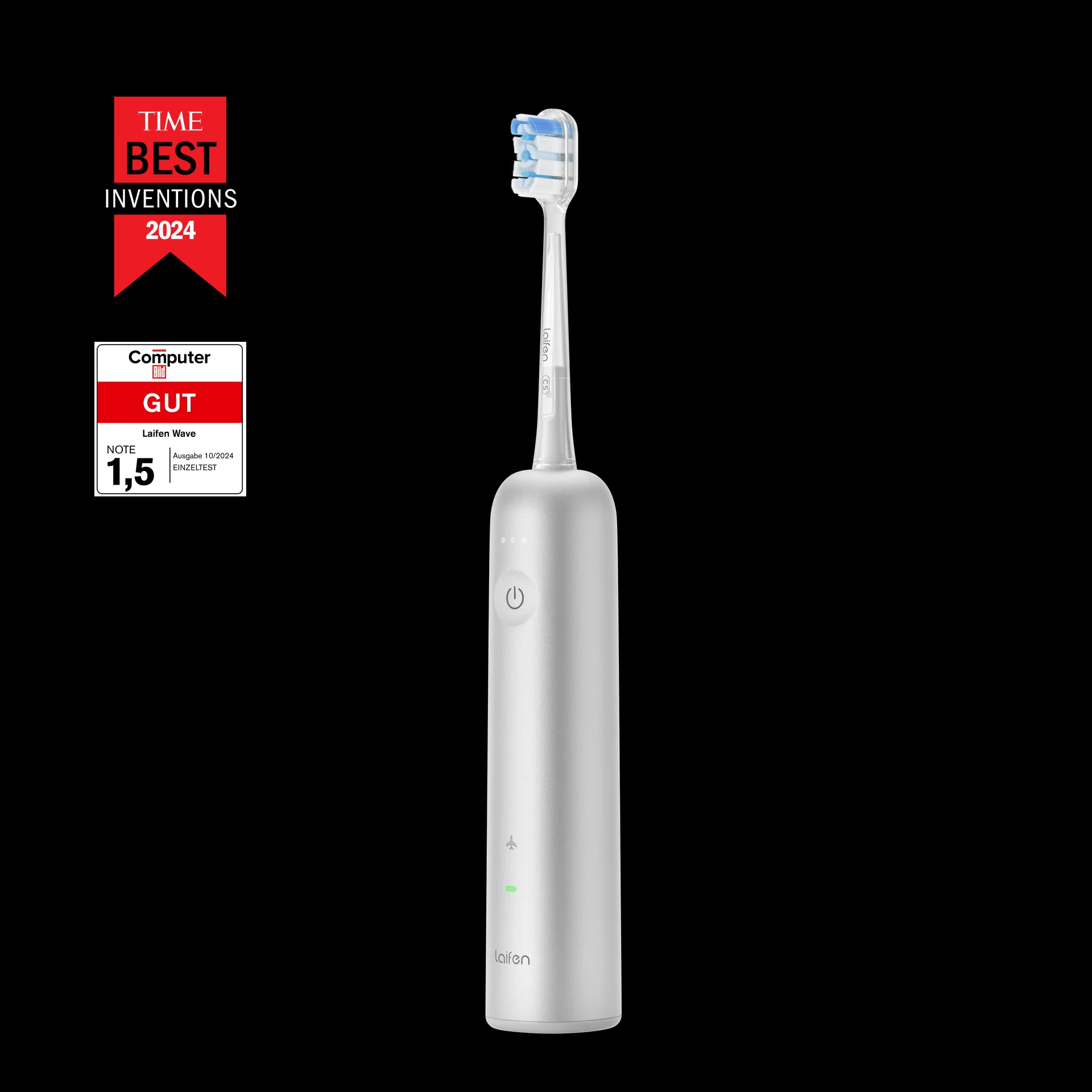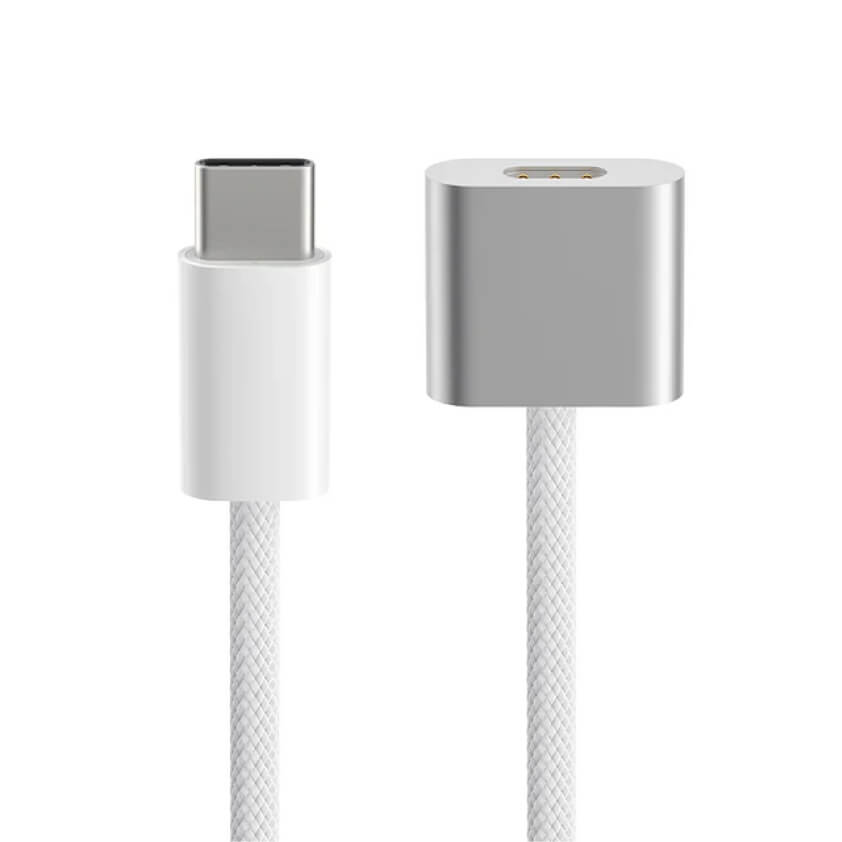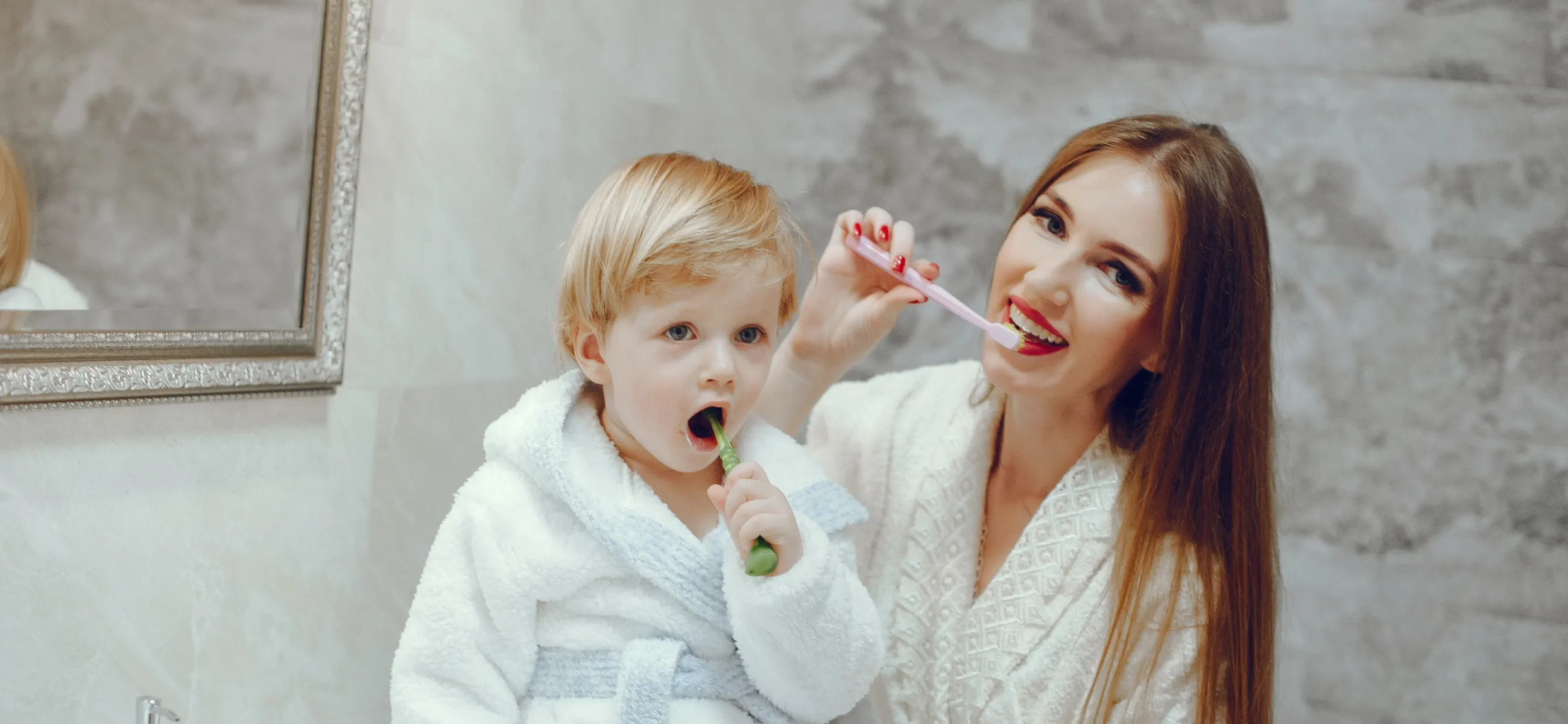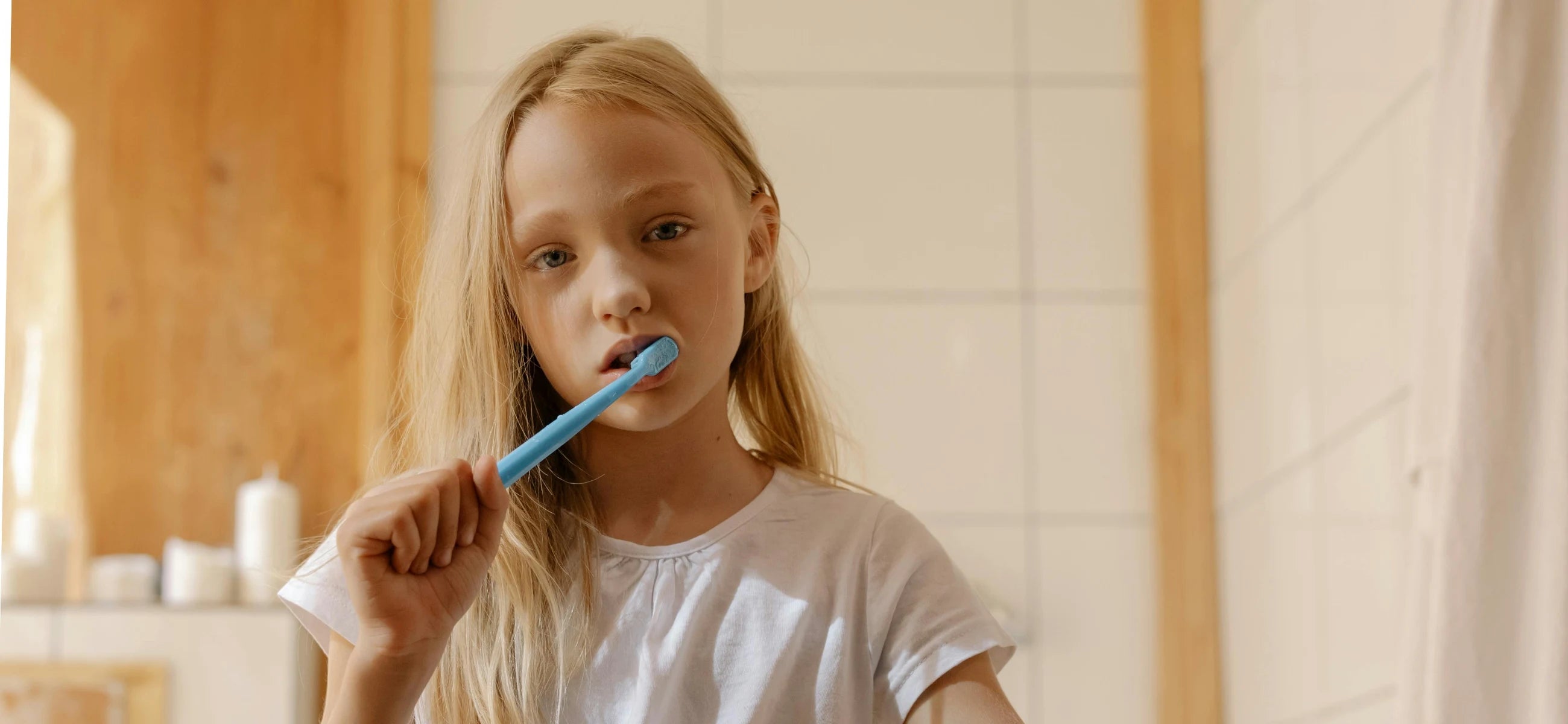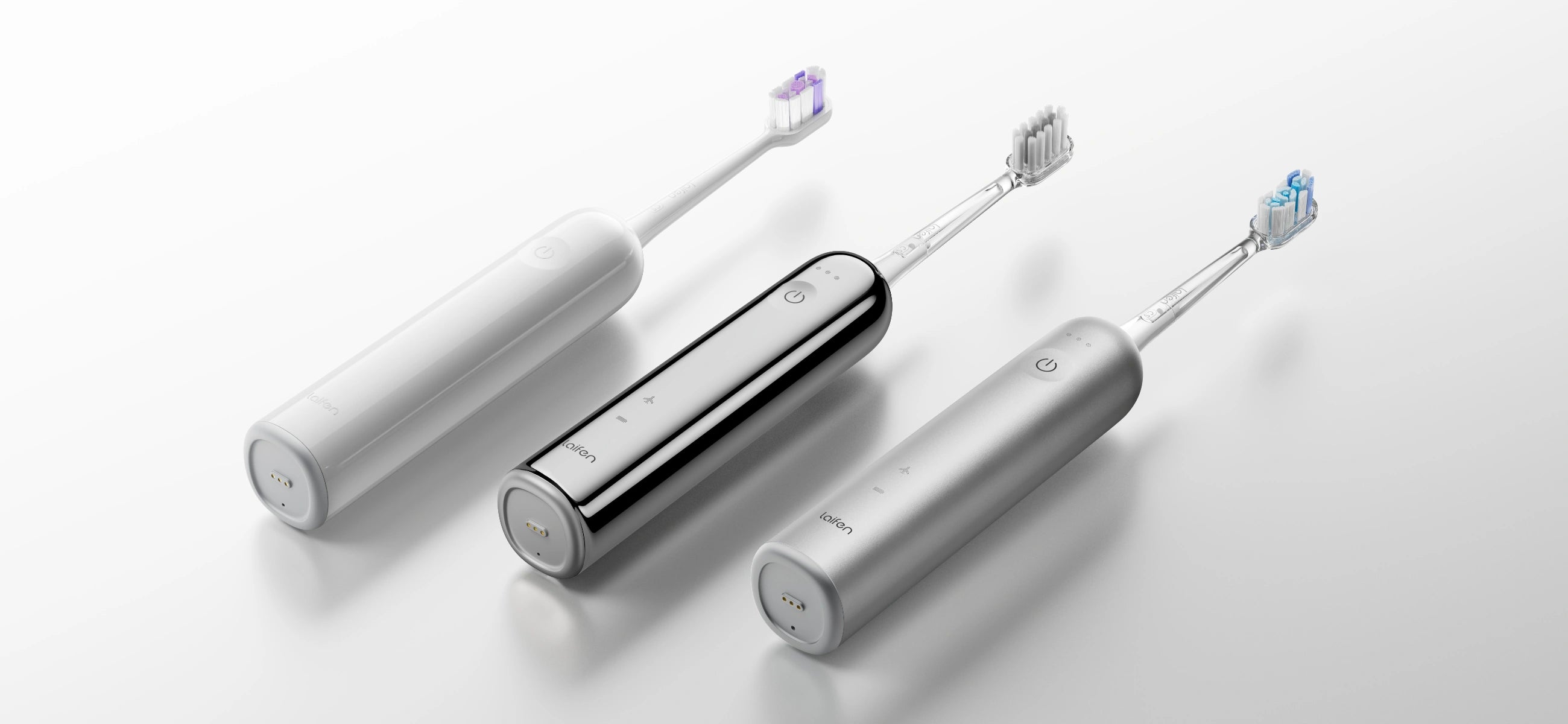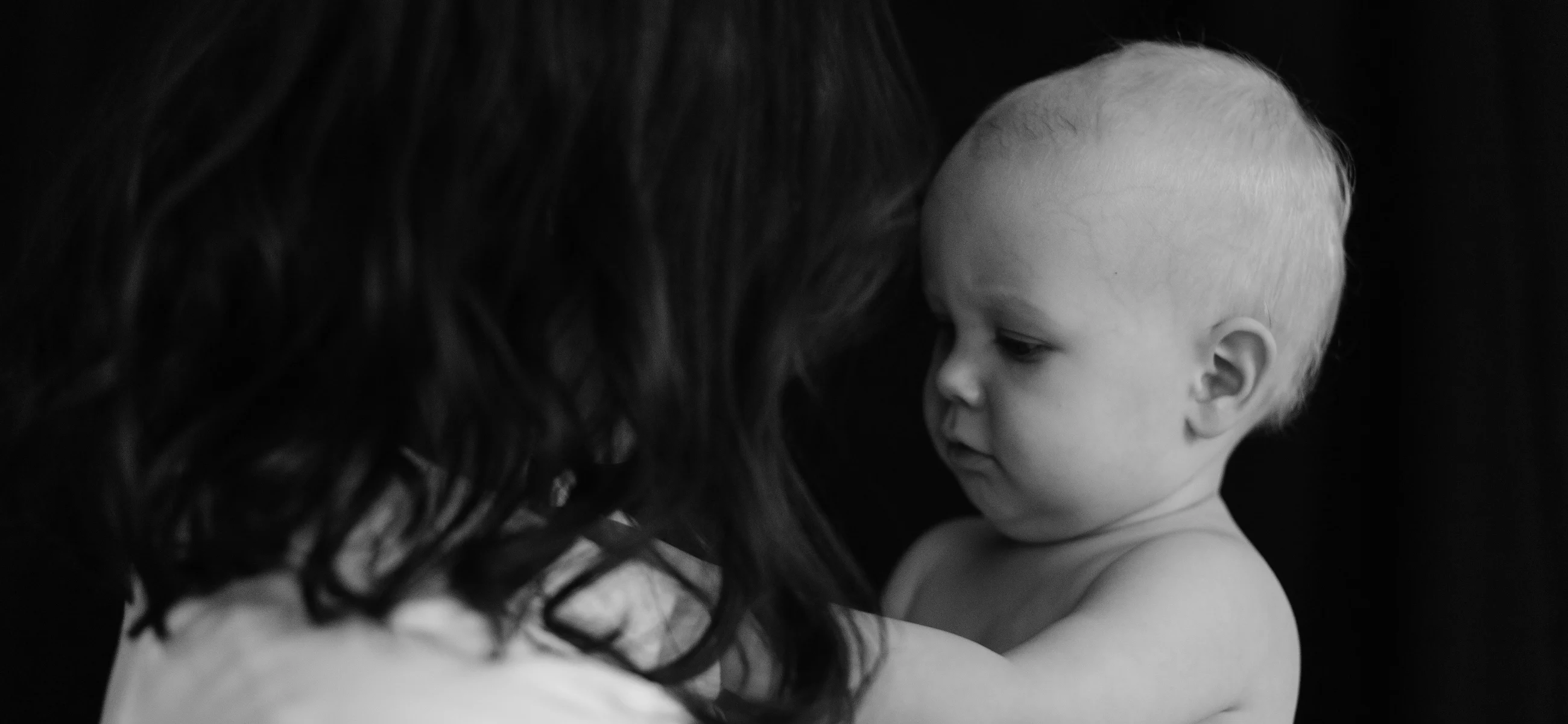
In this article
Research shows that globally, over 530 million children suffer from early childhood caries on their teeth before their sixth birthday. In other words, caries - also known as tooth decay - can be a big problem for children. But what causes tooth decay in young children, and how can you prevent it?
In this article, we look closely at baby bottle tooth decay and how excess sugar from a young age can lead to infant caries. We also explain some simple steps you can take to try and prevent it and what to do if you think your child is suffering from tooth decay, no matter their age.
What is baby bottle tooth decay?
Infant caries, more commonly known as baby bottle tooth decay, is the term used to describe decaying teeth in babies and young infants.
It usually occurs on the front teeth, where cavities (caries) form. In most instances, these caries are caused by excessive sugar, which can be attributed to formula milk or sweetened juice.
Tooth decay can cause your young child serious discomfort and may even lead to more severe tooth issues as they grow, so it's imperative to identify the problem and do something about it.
What causes infant caries?
As with all dental cavities, sugar is the leading cause of infant caries. Bacteria in the mouth feed on sugar, producing acid as a waste product. This acid then attacks the tooth and causes cavities to form, which is a sign of tooth decay.
Depending on the age of your child, the infant caries may be directly caused by too much formula milk or an excess of fruit juice or sugary snacks if you have a toddler.
In some cases, baby bottle tooth decay occurs if your child regularly falls asleep with a bottle. This is because the sugar in the milk coats your infant's teeth, accelerating the process of decay and increasing the size of caries in the process.
If you spot the following symptoms, they could indicate that your child has infant caries:
-
Dark or brown spots on the teeth
-
Disfiguration on the upper front teeth (incisors)
-
Swelling or redness around the teeth
-
Reported pain (if your child can talk)
Is baby bottle tooth decay serious?
Infant caries can be serious, particularly if you don't know they're there. If your child develops caries, their baby teeth may not develop as required, which can cause them speech or eating issues, depending on the severity of the cavities.
Some children who have undiagnosed caries can develop bad eating habits as they try to avoid the pain, discomfort, or sensitivity in their teeth.
What's more, if your child has caries as a young infant, it can increase the likelihood of infection and may increase their susceptibility to further dental issues when their adult teeth come through.
Baby bottle tooth decay treatment
Frankly, prevention is much better than cure when it comes to infant caries. You should be aware of good practices when it comes to feeding your child to avoid caries forming in the first instance. Here are some important things to bear in mind when feeding your baby with a bottle:
-
Don't allow your child to fall asleep with a bottle.
-
When your child gets to 6 months, encourage them to start using a cup where possible.
-
Reduce the amount of juice you give to your child, and if you do provide them with juice, make sure it's free from refined sugar.
-
Wipe your child's gums after feeding to remove any plaque or debris.
-
As soon as your child's teeth have formed, get into the habit of brushing twice each day.
-
Schedule regular trips (1-2 times per year) to the dentist for checkups.
Knowing how to prevent infant caries will stand you in good stead and will help to reduce the impact of baby bottle tooth decay.
However, early baby bottle tooth decay treatment is crucial if you notice infant caries. Your first step should be to visit a pediatric dentist.
Experts agree that you should visit the dentist with your child before their first birthday, but if you haven't gone before this date, don't worry. Just call up a dentist and schedule an initial consultation.
The dentist will perform a visual checkup and consider the health of your child's teeth. They will then perform a dental exam to discover the extent of the infant caries.
The treatment will depend on your dentist's diagnosis. In the very worst case, the tooth might need to be removed, but in many cases, the dentist will clean the tooth and treat the cavity if possible.
Conclusion
Baby bottle tooth decay can be a big problem for some children, particularly those who use bottles to feed from an early age. Limiting your baby's bottle use and preventing them from going to bed with the bottle can help reduce the likelihood of tooth decay.
Also, reducing your child's sugar intake and visiting the dentist regularly should help to keep the situation under control. If you suspect your child is suffering from infant caries, call your pediatric dentist and schedule a consultation before the situation worsens.


